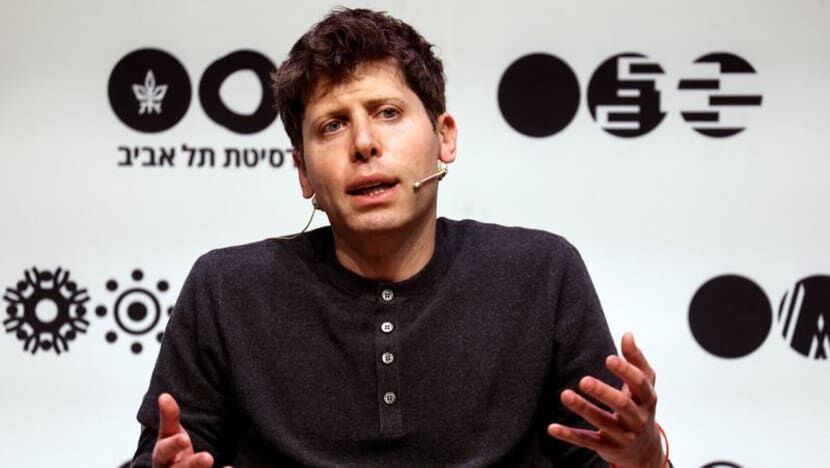OpenAI CEO dismisses public listing, discusses AI’s future and regulation

OpenAI CEO Sam Altman has stated that the company, backed by Microsoft and known for its ChatGPT technology, has no intentions of going public in the near future. Speaking at a conference in Abu Dhabi, Altman expressed concerns about potential conflicts with investors’ expectations and the need for a unique structure to maintain OpenAI’s capped-profit model. OpenAI has received US$10 billion in funding from Microsoft, valuing the company at nearly US$30 billion.
Altman said, “When we develop super intelligence, we are likely to make some decisions that most investors would look at very strangely. I don’t want to be sued by … public market, Wall Street etc, so no, not that interested.”
Originally a non-profit organisation, OpenAI transitioned to a hybrid capped-profit model, allowing it to raise external funds while ensuring the original non-profit operation still benefits.
Despite the rapid development of AI technology, Altman and other experts have warned of the potential risks and called for regulation. During his global tour, Altman has met with several heads of state, including those in the United Arab Emirates, with plans to visit Qatar, India, and South Korea next.
While in Europe, Altman faced controversy over comments suggesting OpenAI might leave the region if compliance with proposed AI laws became too difficult. However, he later clarified, “We did not threaten to leave the EU. We expect to be able to comply. There’s still more clarity we are waiting for on the EU AI Act, but we are very excited to operate in Europe.”
The EU is currently working on laws to govern AI, including proposals requiring companies like OpenAI to disclose copyrighted material used to train their systems. OpenAI has not disclosed such data for its latest AI model, GPT 4.
Altman emphasised the rapid growth of AI technology, stating, “The number one thing about this technology that people don’t understand is that in a few years GPT 4 is going to look like a little toy that was not that impressive. There will be images, audio, video, text, computer programming, all together.”
He acknowledged the potential threat to jobs in various sectors, including transport, logistics, office support, administration, production, services, and retail, but also highlighted the new opportunities that AI could create.
Latest Thailand News
Follow The Thaiger on Google News:


























